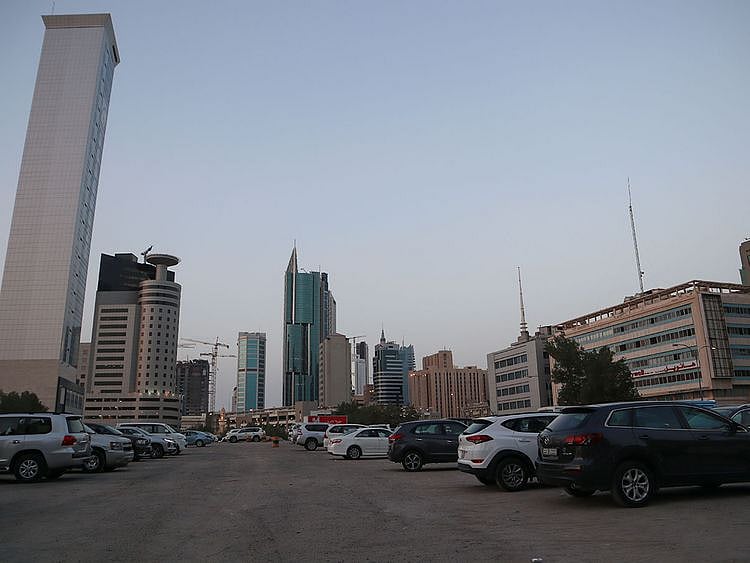Cairo: Kuwait has unveiled a plan phasing out expatriates doing municipality jobs in the country and replacing them with citizens, Kuwait media reported.
The Ministry of Municipality Rana Al Fares has worked out a three-phase plan to replace foreign employees in municipal jobs with Kuwaitis.
The plan will go into effect on September 1, terminating contracts of 33 per cent of expatriates after giving them discontinuation notices, Al Qabas newspaper said. The second phase, replacing 33 per cent others, will take effect on February 1 while the third targeting the remaining expatriates will go into effect on July 1, it added.
In a letter addressed to Director-General of Municipality Ahmed Al Manfuhi, a copy of which was obtained by Al Qabas, the minister requested lists of non-Kuwaiti employees as a step to take legal procedures to terminate their services, the paper said.
As part of the scheme, the minister ordered a halt to all procedures related to appointment of non-Kuwaitis or their transfer among municipal sectors.
Exempted from the plan are certain categories including foreign employees whose mothers are Kuwaitis; nationals of the Gulf Cooperation Council; registered stateless Bidoons; services employees; and 50 per cent of funeral workers.
Kuwait has recently stepped up efforts to redress its demographic imbalance and replace foreign workers with its citizens as part of an employment policy dubbed “Kuwaitisation”.
Foreigners make up nearly 3.4 million of Kuwait’s overall population of 4.6 million.
In recent months, there have been increasing calls in Kuwait for curbing foreigners’ employment along accusations that migrant workers have strained the country’s infrastructure facilities amid economic repercussions from COVID-19.
Sign up for the Daily Briefing
Get the latest news and updates straight to your inbox
Network Links
GN StoreDownload our app
© Al Nisr Publishing LLC 2026. All rights reserved.
